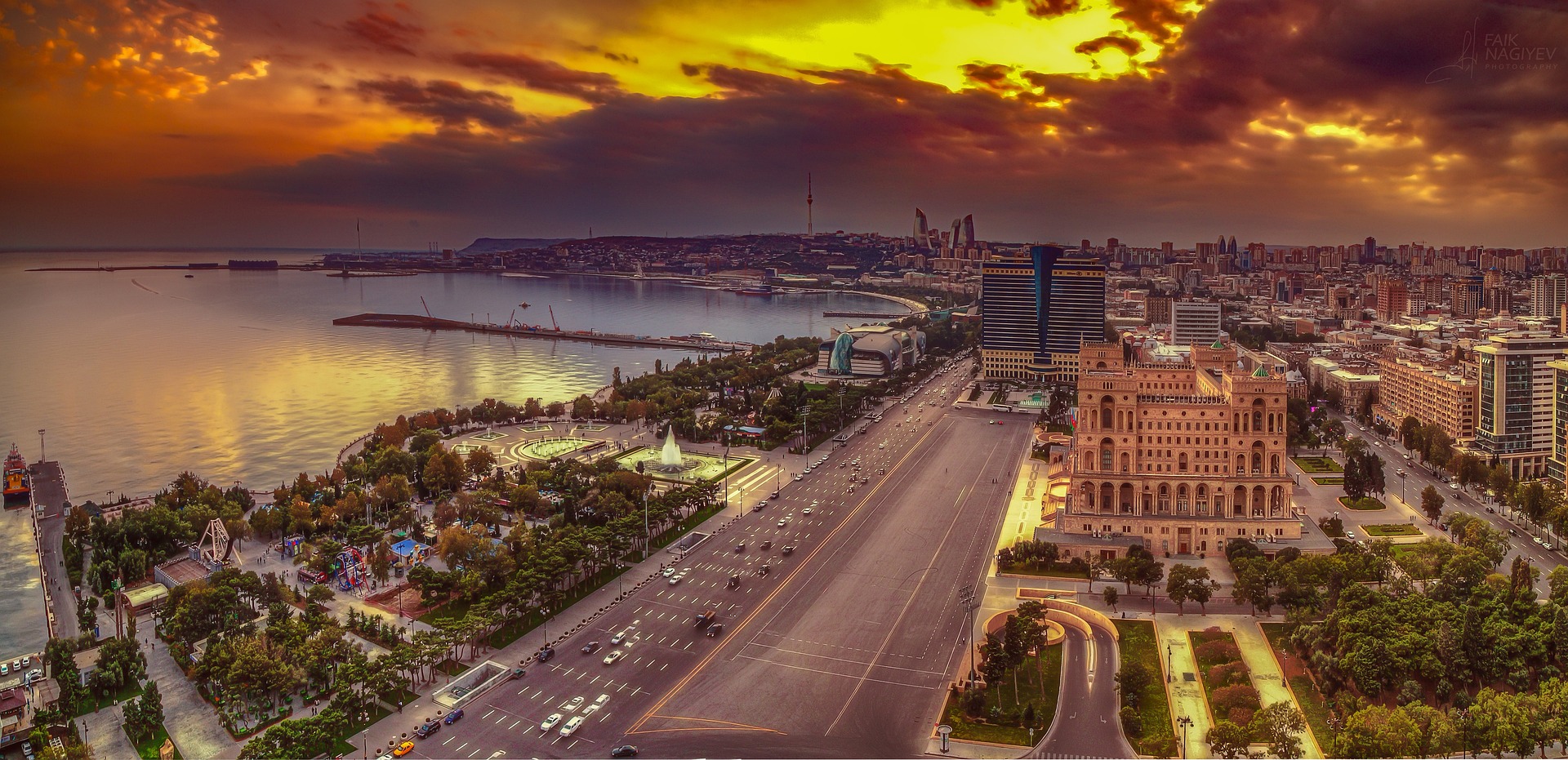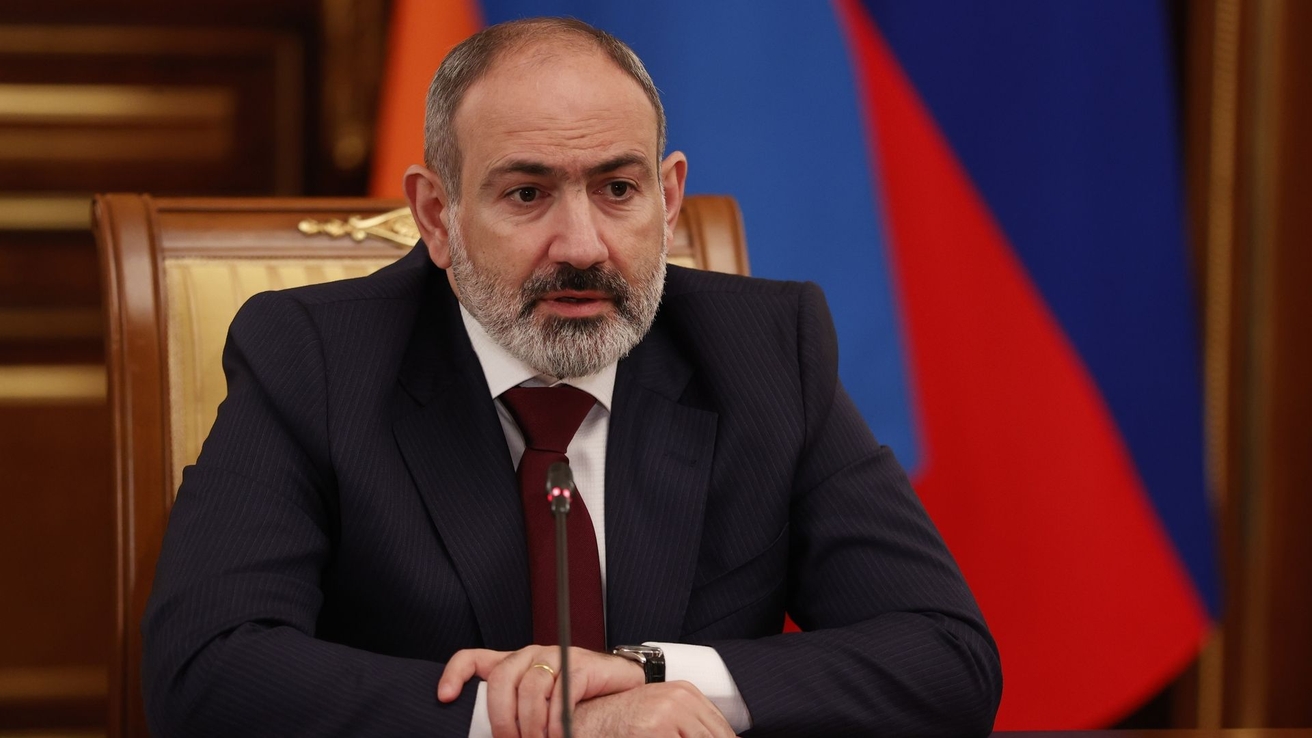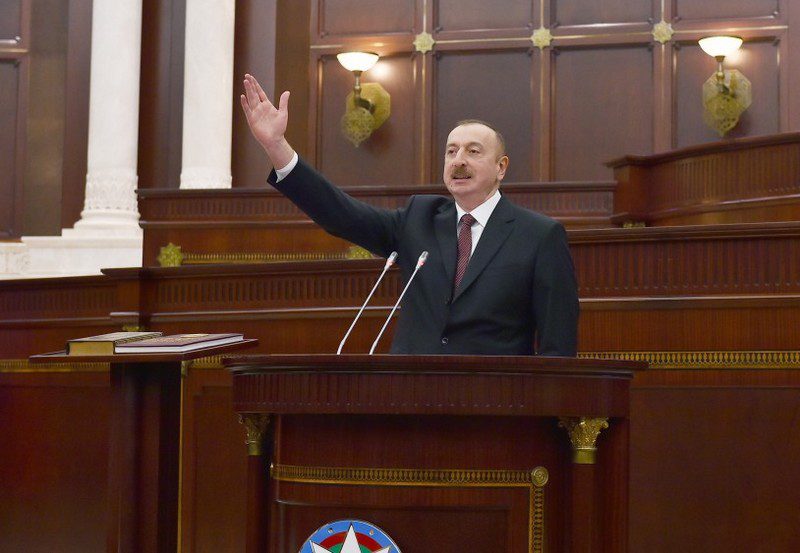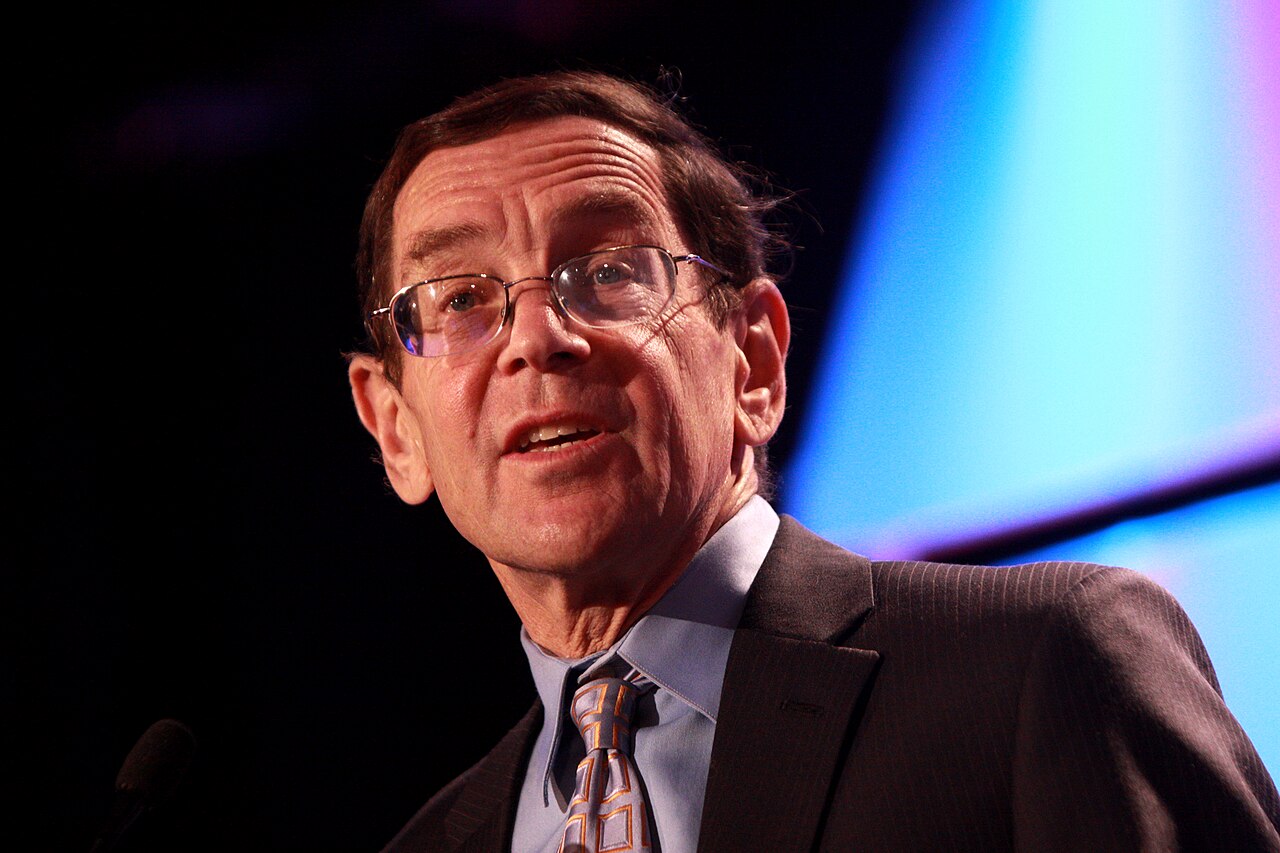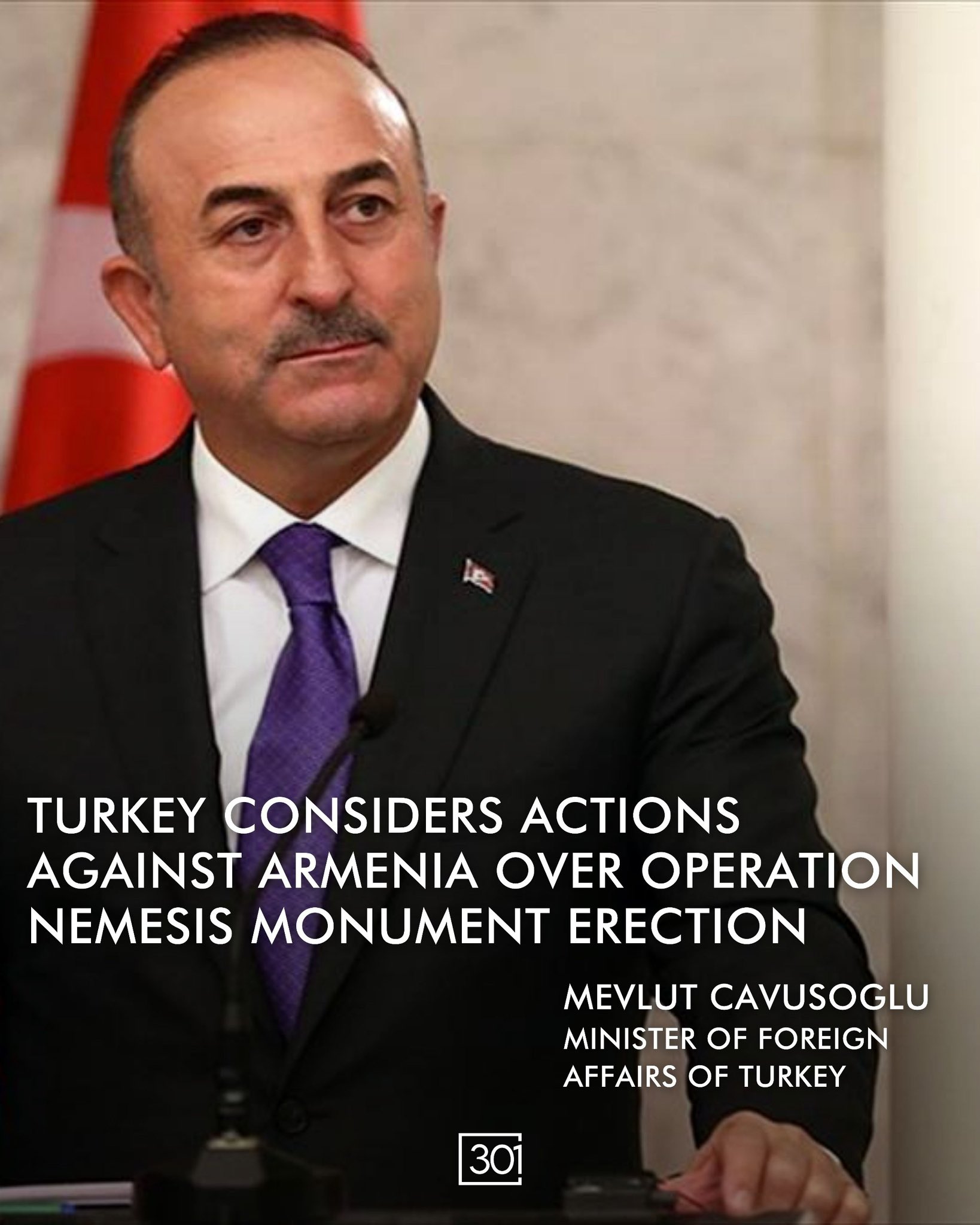I just read a very important article in the Armenian Mirror-Spectator in which Aram Arkun interviewed Russian-Israeli blogger Aleksander Lapshin who is currently on a tour of Canada and the United States. He already met with Armenians in Toronto, Canada, on June 3, and New York City on June 11. He also met with the Human Rights Watch, Amnesty International and the Committee to Protect Journalists to brief them about the dire situation in Artsakh.
Lapshin was born in Russia and moved to Israel when he was 13. His wife is from Moldova and moved to Israel 14 years ago. However, she is still waiting for approval to become a citizen of Israel since 2017.
During his many visits to Armenia, he travelled three times to Artsakh from 2011 to 2016. Azerbaijan’s government issued a warrant for his arrest and asked Belarus to send him to Baku for “illegally crossing Azerbaijan’s border” from Armenia. Belarus extradited him to Azerbaijan in 2017 where “he was sentenced to three years in prison, but was given a pardon in September and flown to Israel after what he describes as an attempt by four masked men in prison on his life. The Azerbaijani government, however, claimed that he had tried to commit suicide,” Arkun reported.
Lapshin said that Israel’s Security Agency repeatedly urged him to stop supporting Armenia because “Azerbaijan is our ally.” He was also advised to withdraw his complaints against Azerbaijan from the European Court of Human Rights and United Nations. Lapshin replied: “No, no way. I will go to the end and I will win.”
On May 21, 2021, the European Court of Human Rights ruled in Lapshin’s favor in his lawsuit against Azerbaijan for attempted murder, torture and illegal imprisonment. However, Azerbaijan has refused to pay him the compensation of 30,000 euros. “Meanwhile, the United Nations Human Rights Committee adopted a resolution on July 19, 2022 condemning the Belarusian authorities for illegally arresting Lapshin and extraditing him to Azerbaijan,” The Mirror wrote.
Lapshin told the Mirror that because of his criticisms, he cannot visit Russia and the former Soviet countries, ‘except Armenia,’ but added, “I just said except Armenia, but who knows? Armenia is under huge Russian influence.”
“Lapshin continues to pursue his own case against Azerbaijan’s violations of human rights but is committed also to helping Armenia. He understood, he said, that ‘it would be better for me, my family and for our safety, to just leave it aside and continue our old life.’ However, he continued, ‘I just cannot abandon what I do in favor of Armenia and Artsakh because I have many friends in Armenia. Some of them were killed during the second Karabakh war. I actually love this country, so I feel in Armenia like my second home,’” Arkun reported. “Lapshin added, ‘Look, six million Jews were killed during the Holocaust. A lot of Armenians actually supported Jews and saved their lives. So, I feel the same.’”
Lapshin told the Mirror: “‘Of course I do not receive any support from the government of Armenia.’ Furthermore, the fact that Armenia, facing an existential threat, is trying to sign a peace agreement with both Azerbaijan and Turkey, seems to create complicated motivations. ‘Even some of the politicians in Armenia tried to convince me to leave it aside, for some political reasons. What I do against Azerbaijan, somehow, in some ways, is against the national interests of the current Armenian government…So I feel a bit alone in this fighting, but this time, fortunately, I have a lot of friends, both Armenian friends, and American and European friends, who actually support me.’”
“While in Armenia, Lapshin met several former prisoners of war who had been raped in [the Baku] jail and tried to convince them to go with him to the US and Europe to testify about this, but, Lapshin said, they felt uncomfortable about talking about such experiences openly due to Armenian social norms or culture,” Arkun reported. The former Armenian prisoners of war told Lapshin: “there were strict warnings from Armenian intelligence services for them not to communicate with journalists or human rights activists. One can speculate that if true, this is due to the precarious current situation of Armenia, which is doing anything in its power to avoid a new war of aggression by Azerbaijan.”
Lapshin told the Mirror that members of the U.S. Jewish community do not support his human rights activities for Armenia. They told him: “Why do you need to deal with Azerbaijan, because Azerbaijan is actually the ally of Israel. Okay, you had a bad experience with Azerbaijan, but still, you have to think globally. This is realpolitik. What you do against Azerbaijan is against the national interest of Israel.”
Lapshin regretted that the American “Armenian community is so divided and weak.” “There is mistrust of the Armenian government and each other, he said, and this situation made him feel emotionally depressed,” Arkun reported.
“If someone wants to invite me for meetings with human rights activists or politicians even on the state level I will be more than happy [to oblige],” Lapshin told Arkun. After Toronto and New York, he is going to Los Angeles, San Francisco, Sacramento, Las Vegas, Seattle, Portland, Dallas, Miami, and probably Chicago, as well as Vancouver, Canada. Later this year, he plans to visit Armenia again. However, he added, due to the unstable political situation, “I can never know if I am going to be allowed to enter Armenia.”

